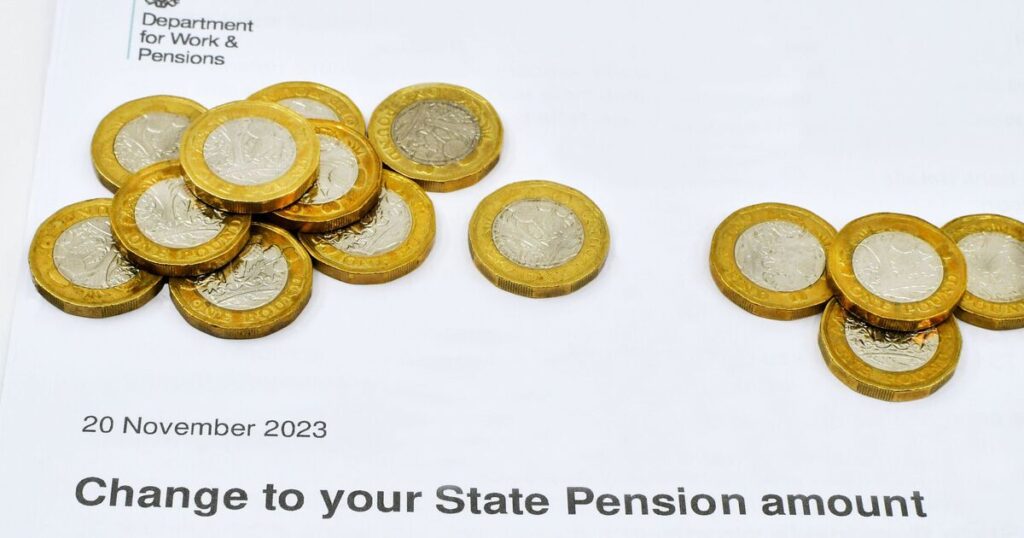
All state pensioners will have to start paying Income Tax on a specific date in the future even if they have no other income, thanks to Triple Lock changes which increase the amount everyone on the state pension will get.
Every year, the government is mandated to increase the amount it pays out in pensions thanks to an apparatus known as the Triple Lock. While controversial to some due to the cost to the state, it remains in place for the forseeable future, and means that the state pension payouts must be increased in line with one of three metrics: wage growth, inflation, or a flat 2.5 percent, whichever of these three is highest, each April.
According to Steve Webb, a partner at pensions firm LCP, the state pension is guaranteed to pass the Personal Allowance Income Tax threshold from April, 2027 – the exact date of which would be April 6, when the new tax year starts. Even if the pensioner in receipt of the benefit had no other income, part of their state pension would be taxable by HMRC.
Currently, the state pension will pay out a total of £11,973 per year to state pensioners on the full new state pension who have a full National Insurance record of qualifying years (usually about 35 years).
The current Income Tax Personal Allowance threshold is £12,570, so state pensioners who have no other income will just sneak under the threshold on income tax in 2025-2026 by just £597.
Technically, pensioners already pay tax today, but you would need other earnings, such as a job, a workplace pension payment or savings interest, to tip you over the threshold. Nobody who only relies on the state pension payments would pay tax on them right now – but that will change in the future.
Steve Webb explains: « This is because the triple lock formula provides a floor of 2.5% increases, meaning the rate will rise to at least £236 in April 2026 and £241.90 in April 2027. The April 2027 rate is £12,578 per year, just above the £12,570 tax threshold. This could mean hundreds of thousands of pensioners are taxed on just £8 per year, with a tax bill of £1.60. If tax-free personal allowance then rise by CPI but the state pension rises by more, then this situation will continue indefinitely.
« A combination of an increasing state pension and frozen tax thresholds means we will soon be in the nonsensical situation where the new state pension will be just a few pounds above the income tax threshold. This means that people whose only income is the standard new state pension will be dragged into income tax. Long gone are the days when retirement meant no longer having to deal with the tax office. »
Although the tax would be extremely low – as little as £8 – it still means being taxed by HMRC and the amount will increase each year, unless government makes changes to the thresholds.
One solution would be to increase the Personal Allowance threshold, which has been frozen for years, but Labour has pledged to keep tax thresholds frozen until 2028 – a position it may have to revise sooner if it wants to avoid headlines about all pensioners being taxed.
